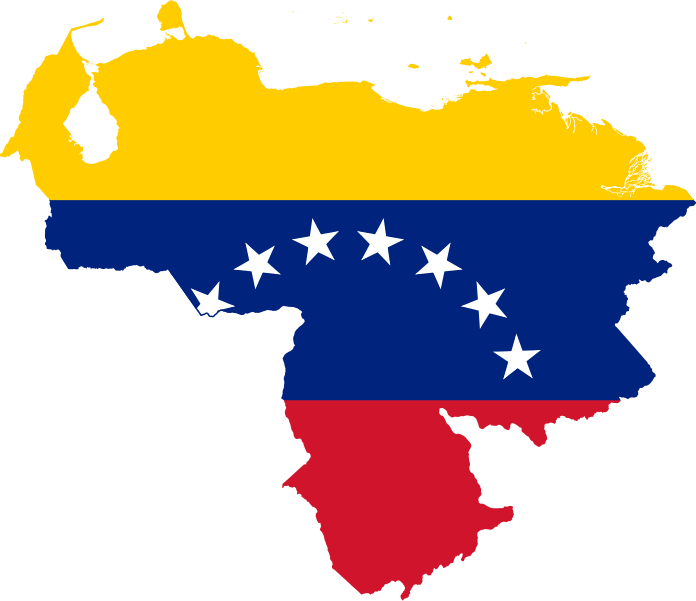News
Spanish
Global civil society alliance, CIVICUS and the International Service for Human Rights (ISHR) are deeply concerned about the continuing deterioration of democratic institutions in Venezuela.



















